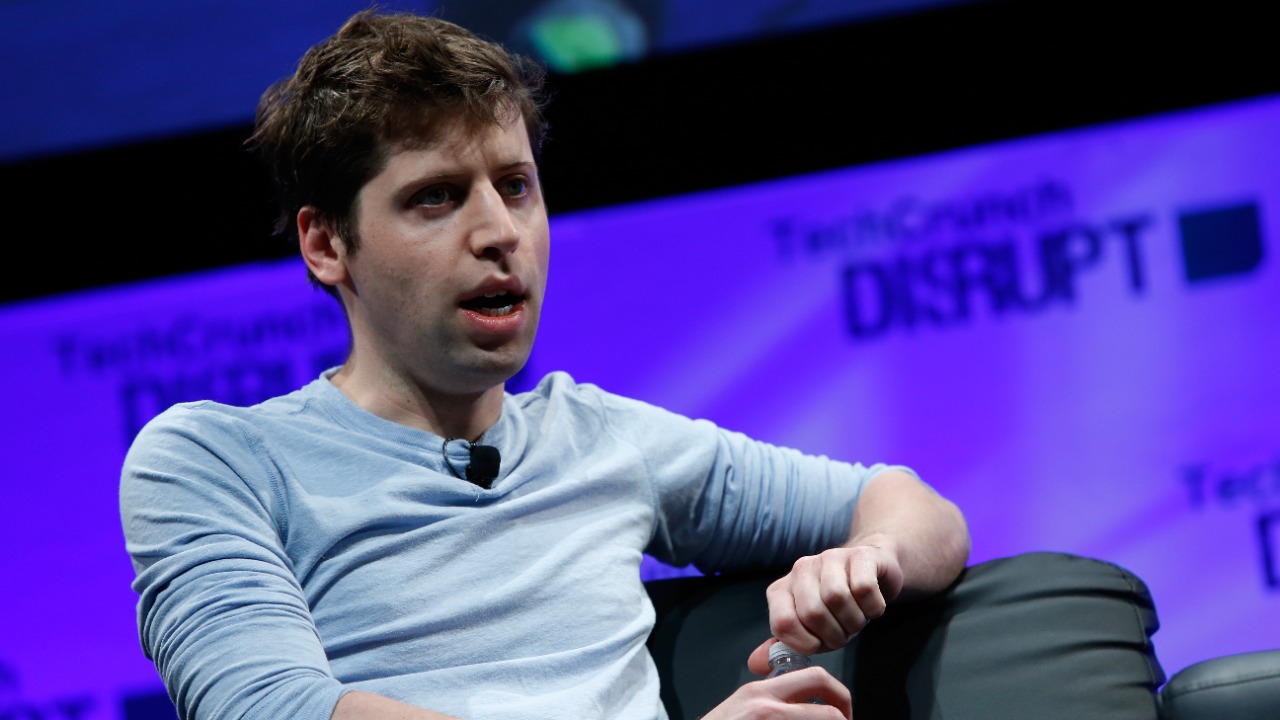
OpenAI CEO Sam Altman envisions a future where artificial intelligence (AI) not only permeates every facet of a company but also takes the helm as CEO. This bold prediction underscores the rapid evolution of AI capabilities and the transformative potential they hold for the corporate world. Altman’s vision extends beyond mere automation, forecasting a timeline of AI-driven transformations that could redefine the workforce by 2025 and usher in an era of superintelligence by the 2030s.
Altman’s Prediction for AI-Led Companies
Sam Altman’s assertion that an entire company, including its CEO, could be run by AI in the near future is a testament to the growing autonomy and decision-making capabilities of AI. This is not about replacing human workers with robots, but about integrating AI seamlessly into decision-making and operational processes. The implications of this shift are profound, potentially reshaping corporate governance, strategic planning, and the very nature of work itself.
Altman’s vision of AI-led companies is not a distant dream but a near-term possibility. As AI continues to evolve, it is becoming increasingly capable of handling complex tasks, making strategic decisions, and even leading organizations. This is a future that Altman believes is not only possible but inevitable, as he stated in a recent interview.
OpenAI’s Goal to Pioneer AI Leadership
OpenAI, under Altman’s leadership, is committed to pioneering this shift towards AI governance. Altman has even gone on record stating that he would be ashamed if OpenAI weren’t the first company run by an AI CEO. This reflects the organization’s commitment to innovation and its belief in the transformative potential of AI.
OpenAI’s strategies and timelines for implementing AI in top leadership positions remain under wraps. However, Altman’s statements suggest that the organization is actively working towards this goal, as reported by Business Insider.
AI Agents’ Role in Workforce Transformation
Altman’s predictions extend beyond the boardroom to the broader workforce. He forecasts that AI agents will transform the workforce in 2025, automating routine tasks and enhancing productivity across industries. This is not about job displacement but job transformation, with AI agents taking over mundane tasks and freeing up human workers to focus on more complex and creative tasks.
Examples of AI agents handling complex workflows are already emerging, and Altman predicts that their impact will become increasingly apparent starting in 2025. This transformation is not just about efficiency but also about unlocking new possibilities and opportunities, as Altman discussed in an Inc. interview.
Future Jobs in the Solar System
Looking further ahead, Altman predicts that in 10 years time, college graduates will be working some completely new, exciting, super well-paid job in space. This vision targets Gen Alpha entrants, offering a stark contrast to the struggles faced by Gen Z in today’s job market.
Altman’s forward-looking assessment, shared on Fortune, paints a picture of a future where the boundaries of work extend beyond our planet, driven by advancements in AI and space technology.
Superintelligence and the 2030s
By the 2030s, Altman predicts that superintelligence will have reshaped our world. This goes beyond AI as we know it today, envisioning a future where AI exceeds human intelligence, potentially leading to significant societal and economic shifts.
Altman’s predictions about superintelligence’s applications in innovation and problem-solving suggest a future where AI is not just a tool but a partner in driving progress. This vision of the 2030s, shared in a TechRepublic article, offers a glimpse into a future that is both exciting and challenging.
Broader Societal Shifts from AI Advancement
Altman’s various statements on AI’s evolution, from 2025 workforce changes to 2030s superintelligence, paint a timeline of corporate and global transformations. These changes are not just about technology but about how we work, live, and interact with the world around us.
Organizations like OpenAI play a crucial role in accelerating these changes. Their ambitions for AI-led companies reflect a broader commitment to leveraging AI for societal advancement. As AI continues to evolve, the possibilities are limitless, and the future, as envisioned by Altman, is one where AI is not just a part of our world but a driving force shaping it.
More from MorningOverview